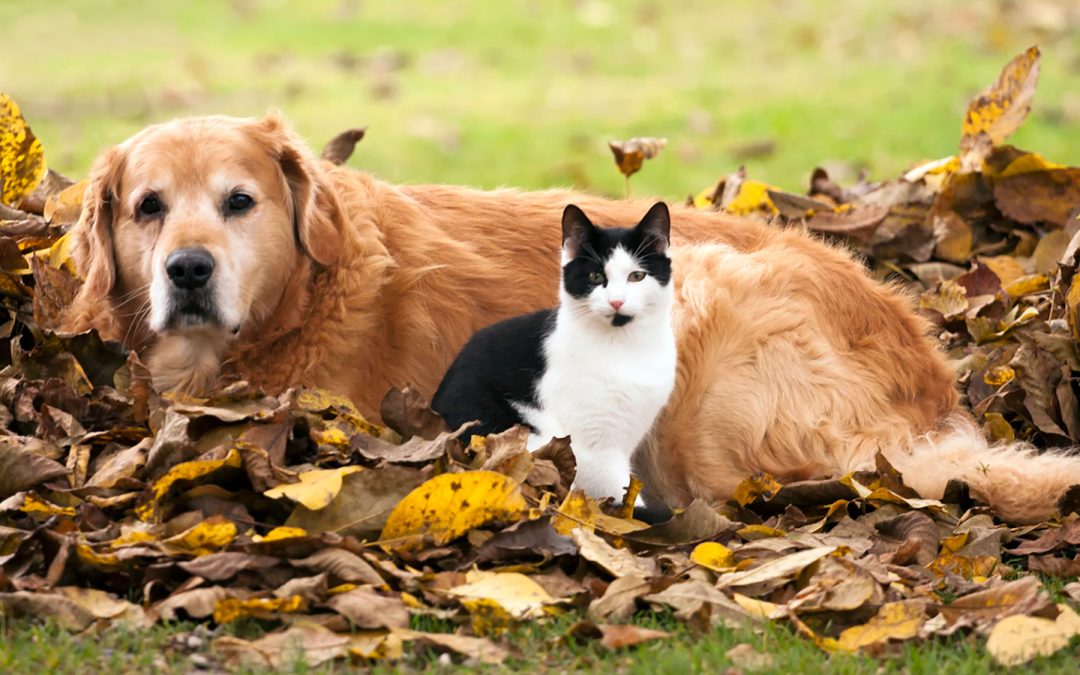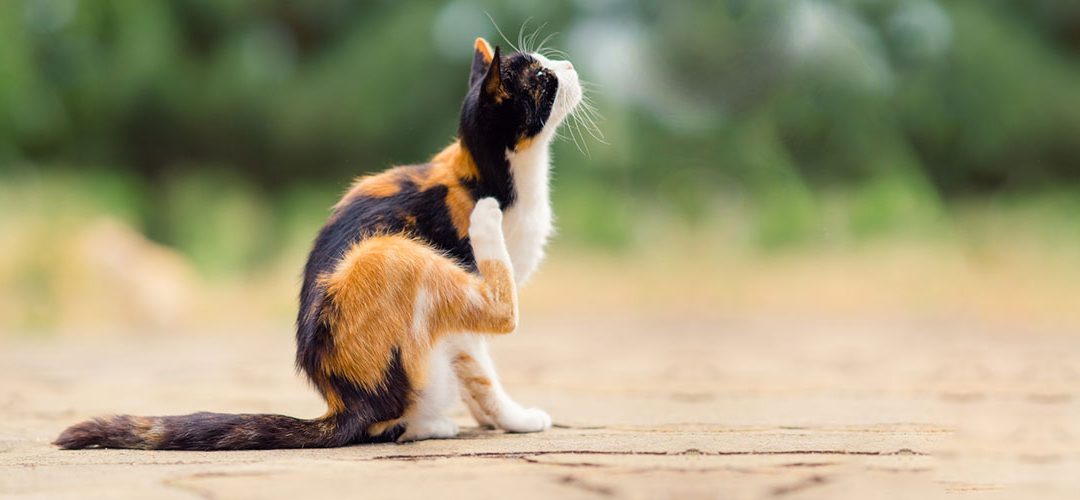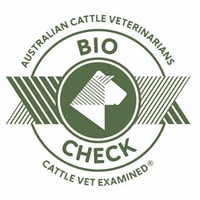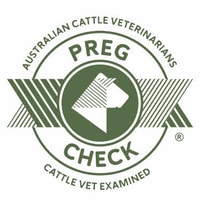
Urinary blockages in cats are often referred to as ‘blocked bladders’ and ‘urethral obstructions’.
This is a common, potentially life-threatening condition, especially amongst neutered male adult cats and overweight cats.
A urinary blockage can completely prevent your cat from urinating, causing damage to the urinary tract, a back-up of urine in the bladder which can lead to a build-up of toxins in the bloodstream and cause kidney failure. In severe cases, the cat’s bladder can eventually rupture.
A cat with a urethral obstruction can become critically ill very quickly.
How does it happen?
There are several different causes for a urethral obstruction:
- The formation of urethral plugs (a build-up of sludge-like material caused by excess protein and minerals)
- Urinary stones or crystals
- Narrowing of the urinary tract (from scar tissue or a tumour)
- Lower urinary tract disease (leading to swelling or involuntary spasms)
What are the symptoms?
It is vital to act quickly if you suspect your cat is suffering from a urinary blockage. Some key symptoms to watch out for include:
- Frequent trips to the litter box
- More frequent grooming of the rear-end
- Difficulty urinating (very little urine being excreted)
- Vocalisation during attempted urination (pain)
- Swollen/firm abdomen that is painful to touch
- Lethargy
- Vomiting
- Disorientation
- Inability to stand
How is a blocked bladder treated?
Depending on the severity of the urinary blockage, your vet may treat your cat with intravenous fluids, medication to prevent urethral spasms, and pain management medication. Your cat may need to stay in hospital to be treated. If the blockage is severe, it will need to be physically relieved through catheterisation under general anaesthesia. The bladder will then be flushed to remove excess urine and any crystalline material.
Your vet may also run a number of tests to determine the cause of the urinary blockage, using ultrasound, x-rays, and specific blood tests.
If your cat displays any of the above symptoms, make sure to call us straight away on 07 4693 2233 as this condition is very serious and patients can quickly deteriorate.
RELATED ARTICLES
Arthitis Awareness
Ouch! Do you ever experience sore joints on a chilly morning?Like humans, our furry best friends can experience aches and pains caused by arthritis. These pains can become more intense over the cooler months - let us teach you a little about this common condition, so...
Separation Anxiety
You've likely been spending lots of time at home during the pandemic, and no doubt your dog has enjoyed this quality time with you. If like many, you've welcomed a new furry family member into your home during this period, they'll be very used to having you around...
Hot Weather & Heatstroke
We all love spending quality time with our pets on a hot summer’s day. However, we need to stay vigilant in summer, as the warmer weather can expose our pets to several dangers. One of these dangers is heatstroke. Heatstroke, or hyperthermia, occurs when your pet’s...
Hot-spots
Hot-spots are a common problem amongst dogs, and some breeds like golden retrievers, labradors, and rottweilers may be more susceptible to these than others. What is a hot spot? A hot-spot can otherwise be known as a ‘moist skin rash,’ acute moist dermatitis, or...
RELATED
ARTICLES

Arthitis Awareness
Ouch! Do you ever experience sore joints on a chilly morning?Like humans, our furry best friends can experience aches and pains caused by arthritis. These pains can become more intense over the cooler months - let us teach you a little about this common condition, so...

Separation Anxiety
You've likely been spending lots of time at home during the pandemic, and no doubt your dog has enjoyed this quality time with you. If like many, you've welcomed a new furry family member into your home during this period, they'll be very used to having you around...

Hot Weather & Heatstroke
We all love spending quality time with our pets on a hot summer’s day. However, we need to stay vigilant in summer, as the warmer weather can expose our pets to several dangers. One of these dangers is heatstroke. Heatstroke, or hyperthermia, occurs when your pet’s...

Hot-spots
Hot-spots are a common problem amongst dogs, and some breeds like golden retrievers, labradors, and rottweilers may be more susceptible to these than others. What is a hot spot? A hot-spot can otherwise be known as a ‘moist skin rash,’ acute moist dermatitis, or...
Call Us Today To Discuss Your Animal Needs
Business Hours Phone: 07 4693 2233












